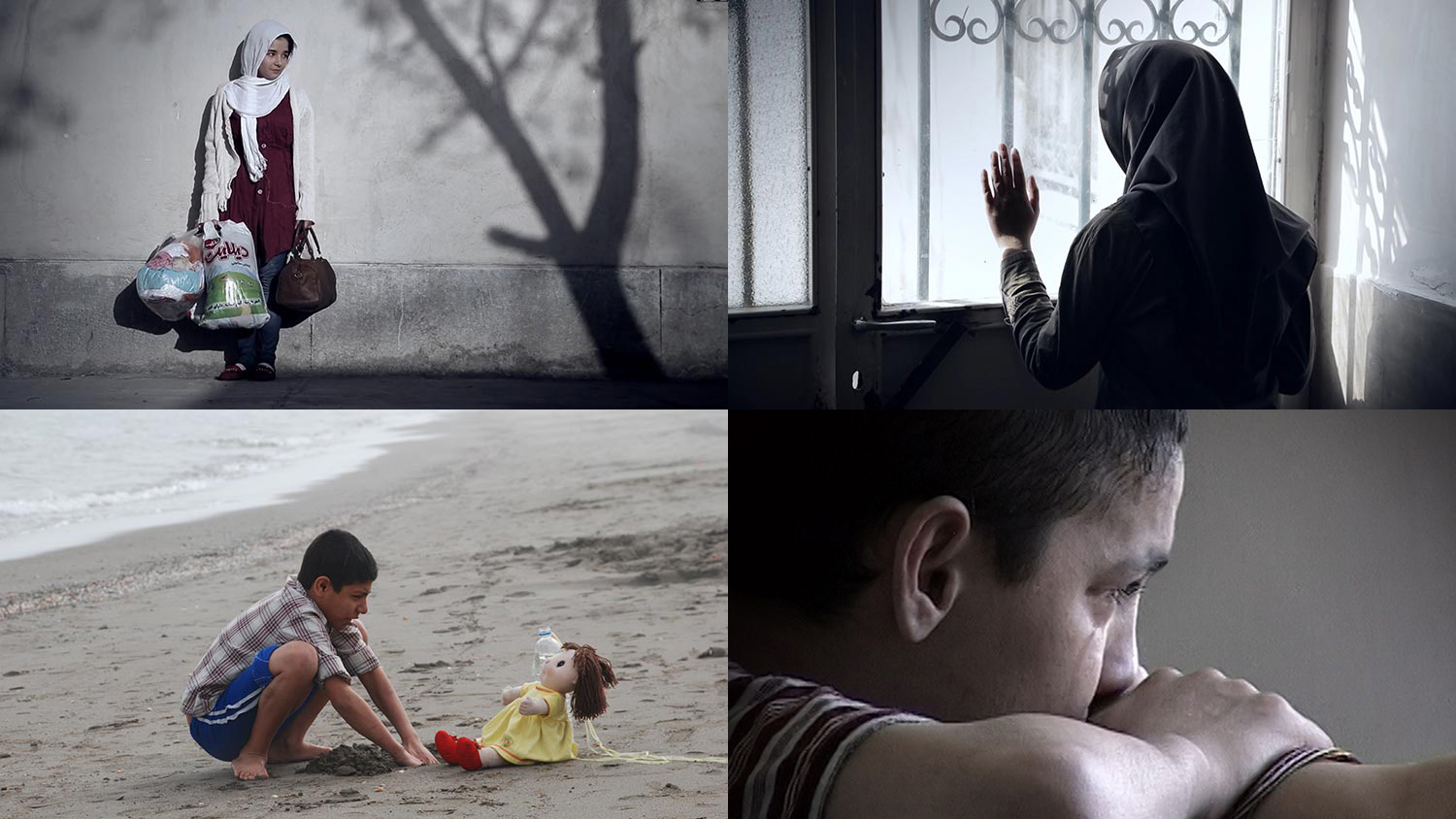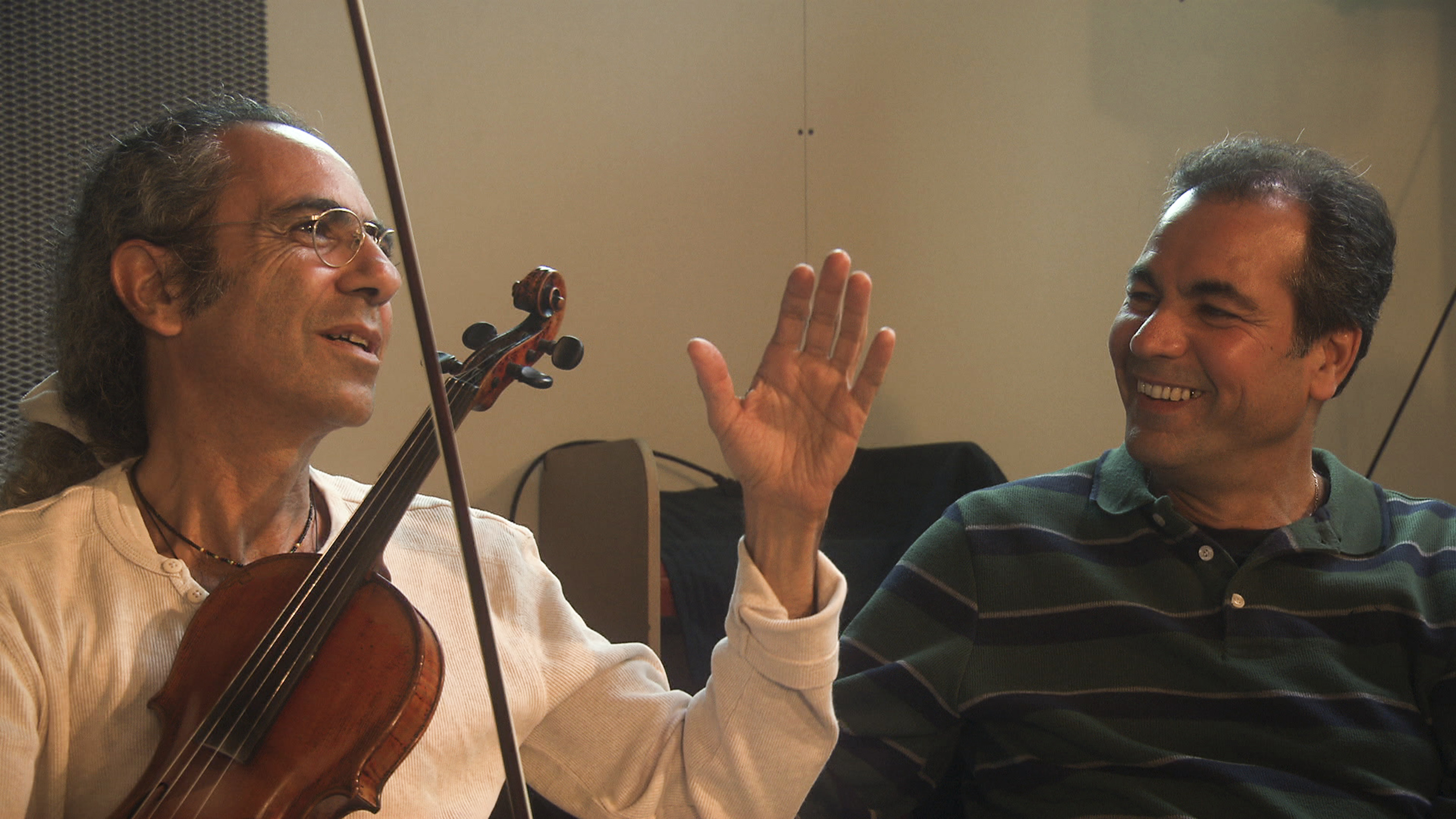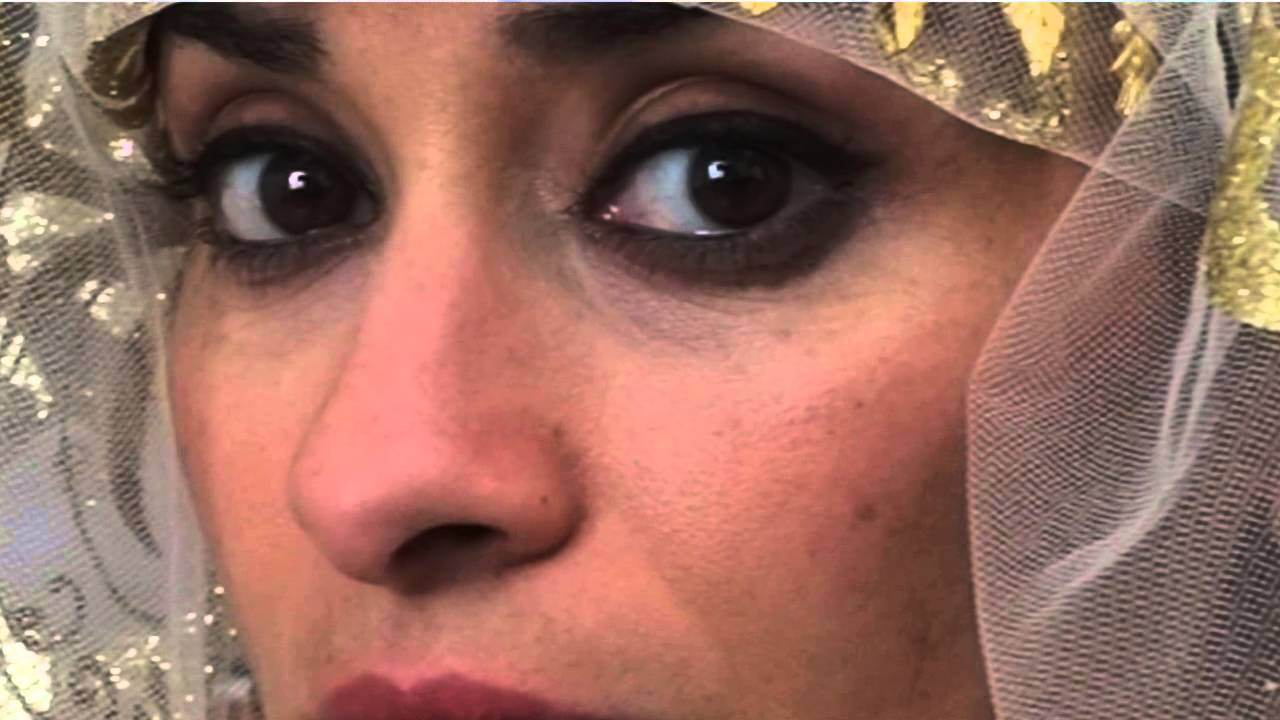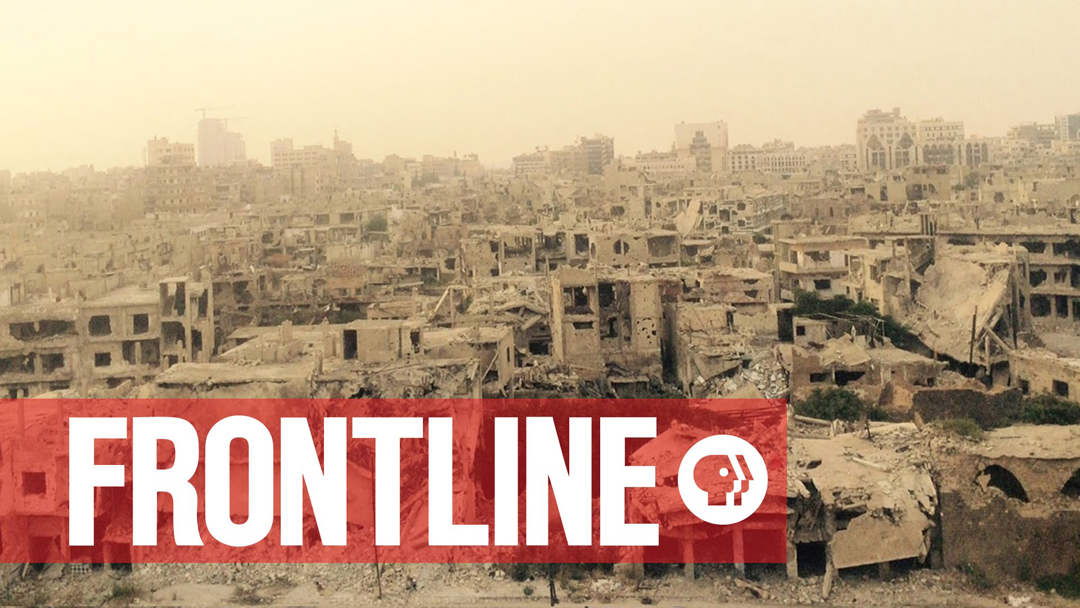Films
Rapping for Hope: Hip Hop and Arranged Marriages
“Nefertiti’s Daughters”: Using Street Art to Foment Revolution
Nefertiti’s Daughters
Directed by Mark Nickolas and Racha Najdi
Icarus Films, 2015
The documentary, “Nefertiti’s Daughters,” chronicles women’s endeavors during the Egyptian Revolution in 2011 and how street art reflected their unprecedented revolutionary efforts.
The Songs Linger Long After the Names Are Erased
On the Banks of the Tigris: The Hidden Story of Iraqi Music
Directed/Produced by Marsha Emerman
Fruitful Films, 2015
In Melborne, Australia, when Iraqi exile Majid Shokor decides to look into his musical history, he discovers, much to his surprise, how much Iraqi music owes to the country’s former Jewish population.
Reckoning with Darkness: Looking Back on Algeria’s Dark Decade
Women of the Revolutions: The New Faces of Arab Feminism
Feminism Inshallah: A History of Arab Feminism
Directed by Feriel Ben Mahmoud
Women Make Movies, 2014
Nada’s Revolution
Directed by Claudia Lisboa
Women Make Movies, 2014
Two recent documentaries directed
(Un)hyphenated Complexities?
A Subtle Approach to Unmasking the Assad Regime
Gender Relations in ‘Women’s Jail’
Iran’s ‘Lost and Silent Voices’ of 2009 Elections Heard in Abadi Film
The Green Wave
By Ali Samadi Ahadi
Cinema Guild, 2011, 80 minutes
"The Green Wave" by filmmaker Ali Samadi Ahadi combines animation, film footage, interviews, and actual blog posts to record the “lost or silenced voices” of the Iranian 2009 elections.










